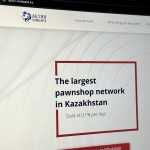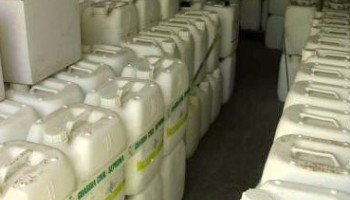Worldwide children constitute more than 20 percent of trafficking victims and Thursday’s document provides a deep look into the criminal networks operating throughout the union.
“Traffickers abuse the innocence of children to manipulate their sense of right and wrong,” the report states. “Victims are often indoctrinated and are subjected to severe levels of psychological and physical trauma, without having the means to understand what is happening and why.”
Among other, Europol highlighted the need to focus on the often underreported trafficking of male minors and other types besides those serving sexual exploitation. The organization explained that there is a significant number of children being trafficked into the EU through Nigerian organized crime groups, which makes this group the largest network known to authorities.
Most networks trafficking children for sexual exploitation are actually quite small, usually around five members who operate in only one country.
Large networks are often made up of families that traffic children to beg and to be used in criminal activities. The report notes that children migrating to the EU and unaccompanied minors are at a high risk of becoming victims of trafficking and exploitation.
Europol also describes that these networks are often made of people from the same nationality and will target children within that nationality. It explains that female members often play important roles in trafficking children.
“Exploited children in vulnerable situations deserve to be protected more than anyone else. This landmark report draws on months and years of investigation and information exchange between devoted national anti-trafficking units in the Member States and Europol to draw the most up-to-date intelligence picture of this heinous crime,” said Europol’s Executive Director Catherine De Bolle in a statement.
Traffickers use families to recruit or find their children in orphanages. They use online tools to sell them as adults, often fake victims’ documentation to conceal their actual age and send them to sex clubs and brothels.
"Trafficking of minors is the lowest and most vile crime against those who need our protection most,” said Dimitris Avramopoulos, the European Commissioner for Migration, Home Affairs, and Citizenship. “On EU Anti-Trafficking Day, this report shows once again that we cannot close our eyes to what is happening on EU soil and outside.”






